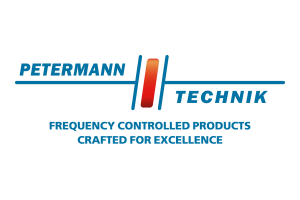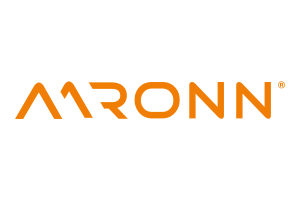Maxim Integrated
Completely happy on its own
Fortsetzung des Artikels von Teil 1
Maxim offers MCUs, does this make sense?
Maxim’s product spectrum also includes microcontrollers. Especially this sector is very competitive and price-sensitive. The big MCU manufacturers like NXP or Renesas rule with huge product spectrums. How does Maxim position itself in this market?
I hear this question frequently. Of course, we are not a broadline microcontroller company, but we don’t want to be one anyway. We focus on special technologies which customers want. On the one hand, this includes ultra-low power. We have some very good niche products for ultra-low power applications in IoT, which are battery-powered. On the other hand, there’s also security. Thanks to our Dallas Semiconductor acquisition, we have very good security technology at our disposal. If security is required in an IoT device, it might make more sense to integrate this technology in an MCU rather than to use an external security element.
The controllers we are offering either have both features or just one of them – and those features are demanded in the market.
But the big MCU suppliers are also interested in the IoT market and feature ultra-low power and security. How can Maxim compete here?
We don’t compete with these companies. IoT isn’t a single big market, but rather consists of many different applications with different requirements. We focus on applications in which we can offer something special. And when the customer needs that, we win the design against the competition. We are certainly not going to be a billion-dollar MCU company, but we are and will remain a niche provider.
Furthermore, there is a second reason why we want to own MCU technology: A mixed-signal company must master this technology, as we also use it in other components, such as power management ICs for example.
Sensors also play a secondary role for Maxim’s sales. Why do you still stick to them?
We focus on sensors and interface products for healthcare as well as wellness sectors. Here we also offer technologies with which we improve our customers’ end products.
That’s our strategy. We are looking for areas in which we can substantially improve our costumers’ end products with our technologies and products, and where customers appreciate our contribution.
In the sector of sensors, the healthcare and wellness segments are an extreme growth area. So, here again, we do not compete with companies that score with a large product range of sensors.
We clearly follow the strategy of not depending on one product group, market or customer. We have huge customers with whom we have good relationships, but we want to be diversified and not become overly dependent. We are active in four markets which contribute to our business in a fairly balanced manner.
I think most companies don’t want to be dependent, but that’s not always easy to manage...
Well, in 2011 we had a very large customer which we grew well with, even while the overall market stagnated. But such things never last forever, so we thought about how to get out of this strong dependence and looked for applications of products that lay beyond smartphones, be it tablets, wearables or technology in the gaming sector. That worked.
We are very careful when we have such an opportunity with a major project. When we take on such a project with a customer, it is important that this business also has longevity.
- Completely happy on its own
- Maxim offers MCUs, does this make sense?
- Consumer business is also important





